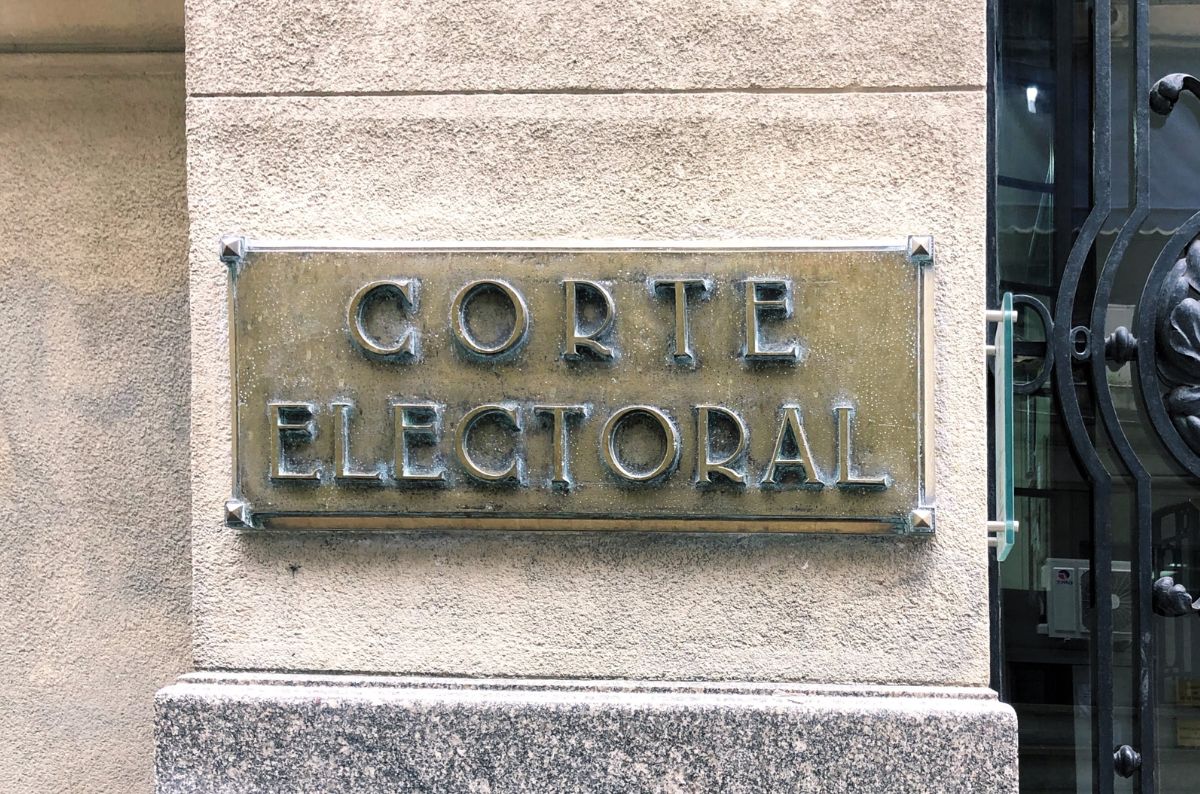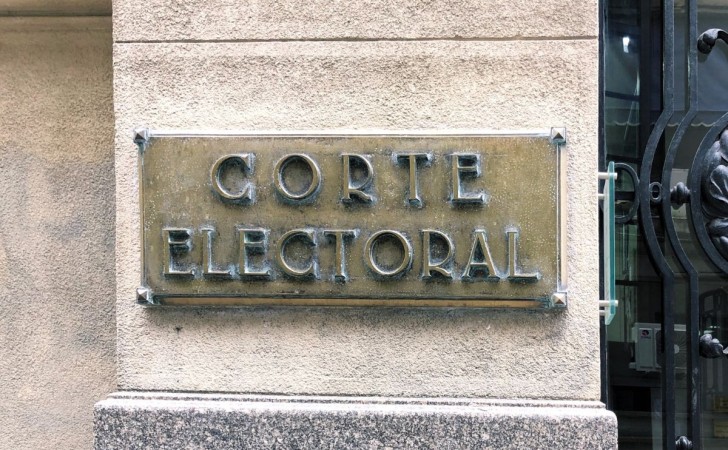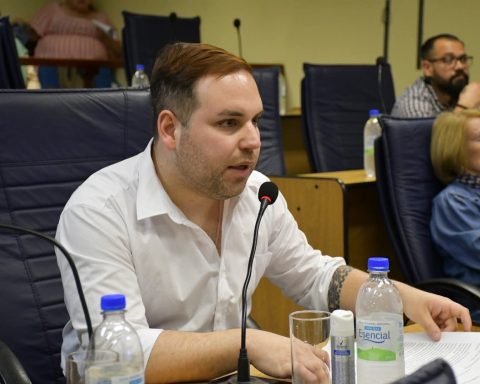
The recent filing of an appeal before the Electoral Court of Uruguay has generated a debate about the legality and implication of the cross vote.
The proposal, promoted by the Colorado Party and supported by Independent Partyseeks changes in the regulations that will govern the departmental and municipal elections in May. This situation triggers a discussion between the strengthening of the parties and freedom of the voters.
The initiative came at an unexpected time, being presented on Monday to be executed on Friday, just on the verge of the end of the year. This haste raised questions about the process and its justifications.
The re-elected deputy Felipe Schipaniwho led the proposal, argued that it seeks to prioritize voter freedom by allowing the crossing of ballots between the different election levels.
The terms under discussion: crossed vote and lock clause
He cross vote It was the most controversial point of the proposal. Since 2010, when mayoral elections were introduced, the obligation to vote only for ballots with the same slogan has remained. Schipani stated that allowing cross-voting would represent a freedom fundamental for voters, who should be able to choose their representatives without party restrictions.
The second aspect of the appeal requests the elimination of the call padlock clausewhich prevents those who ran in an internal election for one slogan from running for another during the municipal elections. This regulation has been criticized as it is considered restrictive and limiting for potential candidates.
Pending decisions of the Electoral Court
Now, the appeal must be evaluated by the Electoral Court, where it will be studied by its Electoral Affairs commission before being put to a vote by the ministers. It will be interesting to observe how decisions are made in an environment where political motivations can influence these aspects.
Schipani has questioned the fairness of the regulations, arguing that they privilege political motivations rather than legal considerations. He suggested that, with the implementation of cross-voting, there would be greater representation of minority parties in mayoralties, which could modify the balance of power in departmental elections.
Position of the Frente Amplio and other parties
The Frente Amplio has adopted a unified position against the proposed changes. FA leaders, such as Sebastián Sabini, have emphasized that it is not appropriate to modify the rules of the game so few weeks before the elections. This position is based on the principle of electoral stability and the need to respect existing regulatory frameworks.
The opposition’s message also points out that the left coalition is not responsible for the limitations imposed by current legislation. The possibility of making changes to the regulations faces a panorama of resistance and questioning among political actors, which could hinder the reform process.
Questions from the National Party
Statements have emerged from the National Party that reinforce their disagreement with the cross vote. The president of the party, Macarena Rubio, has made it clear that her position does not support this option, although she supports the possibility that candidates with different slogans can run in municipal elections. This opinion reflects the internal tensions around the issue and the need to maintain a clear position before the electoral community.
Deputy Juan Martín Rodríguez has shed light on the legal background that supports the argument of illegality of cross-voting. Like other members of his party, he believes that allowing cross-voting would violate principles established in the Election Law. This argument becomes a defense of the current party structure and its legal foundations.
















